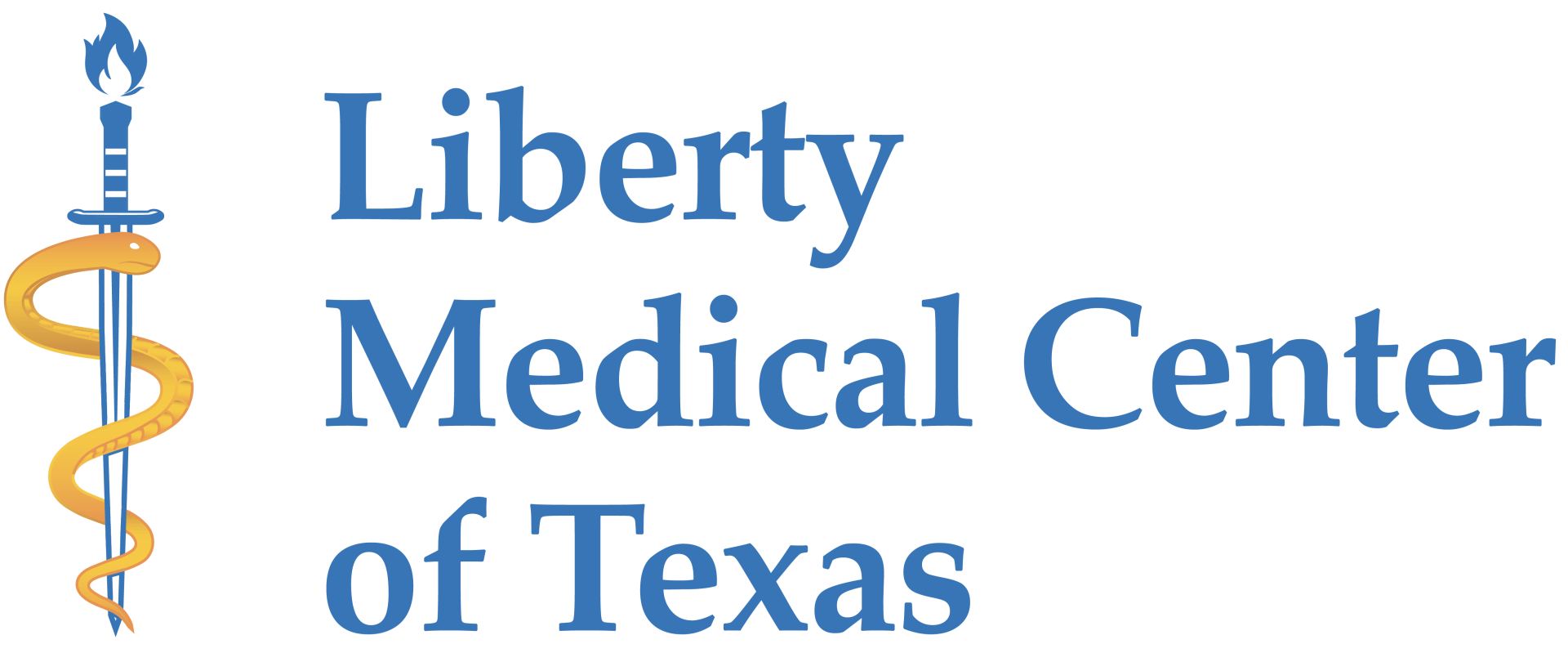Breath: The Anchor of Your Life
[Breathing Practice to Reduce Stress for Veterans]
By Vrunda Patel
Why Is Your Breath So Important?
Even though your body is physically present, there are a lot of things that happen throughout the day that can take your mind elsewhere. Awareness of your breath brings your mind back to your body and gives you feedback about how your body and mind are doing. You might be surprised by how much your breath can tell you.
[Breathing Practice to Reduce Stress for Veterans]
By Vrunda Patel
Why Is Your Breath So Important?
Even though your body is physically present, there are a lot of things that happen throughout the day that can take your mind elsewhere. Awareness of your breath brings your mind back to your body and gives you feedback about how your body and mind are doing. You might be surprised by how much your breath can tell you.


